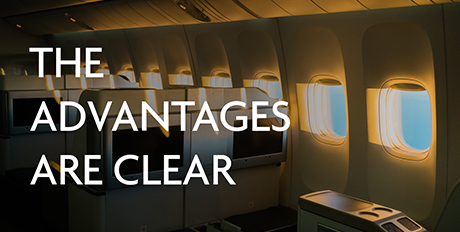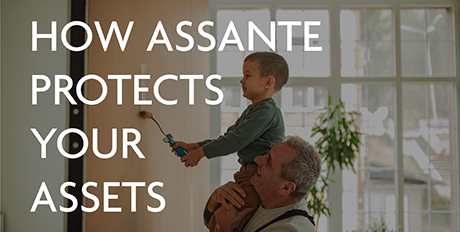Making the most of a First Home Savings Account
Jan 18, 2024

Months after the federal government launched the First Home Savings Account (FHSA), more than 20 financial institutions are offering FHSAs, and Canadians are opening accounts by the tens of thousands.
If you have a child or grandchild eligible for an FHSA, here are some strategies and considerations to help with your and their decisions.
When to open an FHSA
Your child or grandchild can open an FHSA at 18 or 19, depending on the province. However, they must consider that the account can only remain open for up to 15 years. Do they feel certain they’ll want to purchase a home by their early 30s? After all, according to Statistics Canada, just 52% of Canadians aged 30 to 34 own their own home.1 While one person may feel comfortable opening an FHSA as a teen, another may prefer to wait until their early 20s. Either way, they’ll be starting to save within an FHSA early in life, and their contributions will have plenty of time to grow and compound tax-free.
Note that an FHSA account holder has another avenue open if they don’t buy a home within 15 years. They can transfer FHSA funds into a Registered Retirement Savings Plan (RRSP), and then use the RRSP Home Buyers’ Plan (HBP) to buy a home later—but the HBP only makes $35,000 available.
Using TFSA funds
If your child or grandchild opens an FHSA and already has a Tax-Free Savings Account (TFSA), they can make a TFSA withdrawal and contribute the funds to the FHSA. This transaction provides a valuable tax deduction in the amount of the contribution.
Helping your child or grandchild
When many people think of helping a child or grandchild make a down payment, they picture themselves gifting the funds when the home is being purchased. However, your gift will have a greater impact if you give funds earlier for your child or grandchild to contribute to an FHSA. In this case, they will benefit from tax deductions, tax-free growth and a tax-free withdrawal.
Plan for the investment objective and time horizon
A home is likely to be the largest purchase of an FHSA investor’s lifetime, so it’s important not to be too risky with the asset allocation. Someone who opens an account with the intention of becoming a homeowner in five or six years would be wise to focus on less risky fixed-income investments. An account holder in their early 20s may be fine favouring equities if they imagine buying a home in about 10 years—but even they need to make their FHSA more conservative as their time horizon shortens.
Consider tax deduction strategies
For students or those just starting a career, the tax deduction from an FHSA contribution might not save a significant amount of tax. In this case, the account holder can carry forward the deduction to any future year when their income is higher and they can save more tax.
If taking the deduction is worthwhile, consider this strategy: take the value of the tax savings from the deduction and contribute that amount to a TFSA, which can also be applied toward an eventual down payment.
How the FHSA works
Eligibility: To open a First Home Savings Account (FHSA), you must be a resident of Canada and at least 18, or the age of majority in your province. You must be a first-time home buyer.
Contributions: You can contribute up to $8,000 annually to a maximum amount of $40,000. If you contribute less than $8,000 in any year, you can carry forward the unused amount only to the following year.
Tax treatment: Contribution amounts are deducted from taxable income, either for the current tax year or any future year. Investments grow tax-free, and funds are withdrawn tax-free.
Duration: An FHSA can remain open for up to 15 years (or the end of the year you turn 71).
Investments: You can hold the same types of investments allowed in a Registered Retirement Savings Plan (RRSP) or Tax-Free Savings Account (TFSA).
Transfer to an RRSP: If you don’t use FHSA funds to purchase a home, you can transfer the funds tax-free to your RRSP without affecting your RRSP contribution room. Otherwise, withdrawn funds are fully taxable.
1 Statistics Canada, “Younger adults are less likely to own their homes,” 2021.



